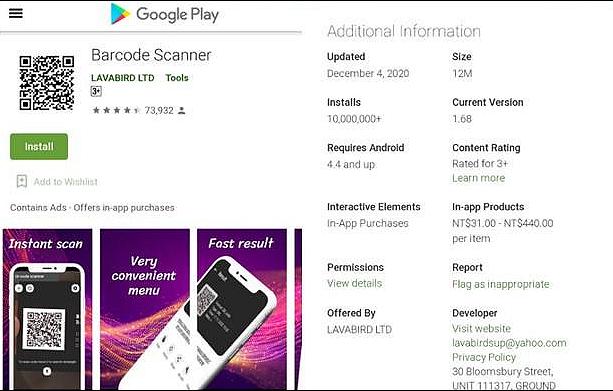NCSC joins 2 organisations to promote domestic cybersecurity

Mrs Ursula Owusu-Ekuful, Minister of Communications and Digitalisation
The National Cyber Security Centre (NCSC) has joined two different international organisations, the Global Forum on Cyber Expertise (GFCE) and the Forum of Incident Response and Security Teams (FIRST), to promote and strengthen capacity building and incident response through international collaboration.
This feat stems from the government’s commitment to developing the country’s cyberspace to be secure and resilient for the country’s sustained digital transformation.
Capacity building
A press release issued by NCSC on June 2 in Accra, quoted the Minister of Communications and Digitalisation, Mrs Ursula Owusu-Ekuful, of highlighting the importance of international collaboration for effective implementation of the recently passed Cybersecurity Act, 2020 (Act 1038).
“Ghana’s domestic cyber resilience is very much dependent on strong international collaboration arrangements and our membership of these industry-led global institutions is timely as we begin the implementation of the Cybersecurity Act, 2020.”
As a member of these international bodies, the minister said the NCSC was expected to benefit from joint capacity building programmes, information sharing and technical tools to effectively detect and prevent cybersecurity incidents.
Cybersecurity Act
The release stated that the ministry, under the leadership Mrs Owusu-Ekuful, led efforts for the passage of the Cybersecurity Act, 2020 (Act 1038) by Parliament on November 6, 2020.
The Act was subsequently assented to law by the President Nana Addo Dankwa Akufo-Addo on December 29, 2020.
With the passage of Act 1038, the NCSC is expected to transition into a Cyber Security Authority (CSA) before the end of the year. The Act makes provision for the protection of critical information infrastructures, capacity building efforts, incident response and reporting procedures, among others.
Ghana’s membership of the Global Forum on Cyber Expertise (GFCE) and the Forum of Incident Response and Security Teams (FIRST), is part of efforts to improve the country’s cybersecurity.
Cybersecurity collaboration
Security Governance Initiative (SGI), a…






